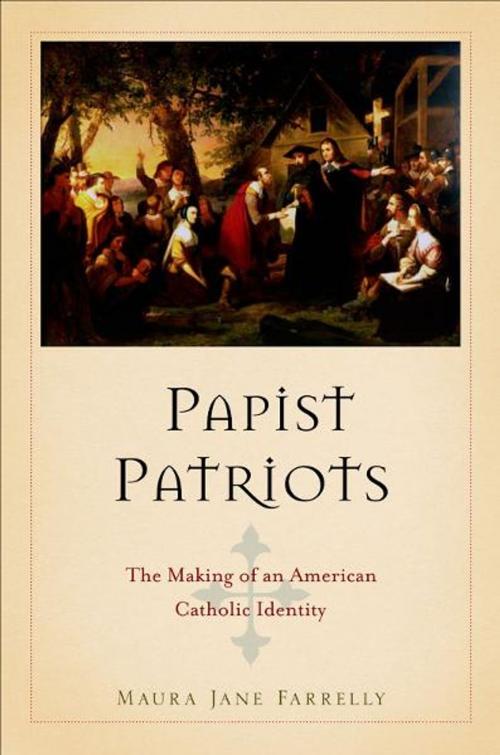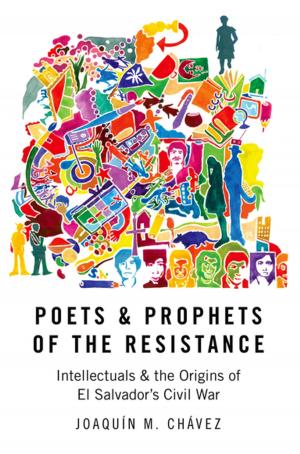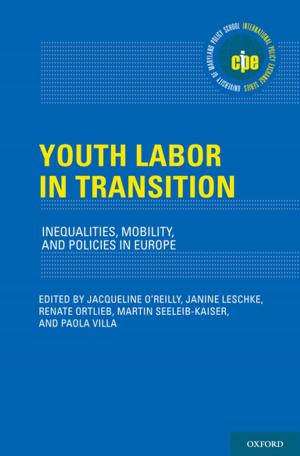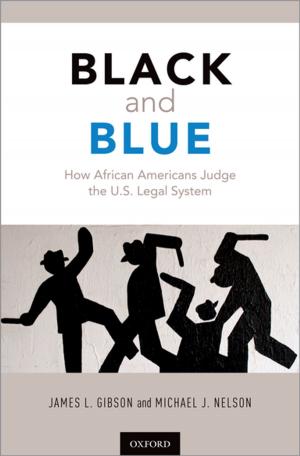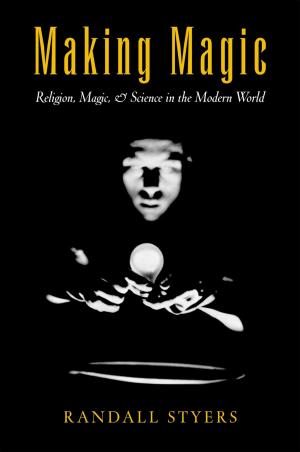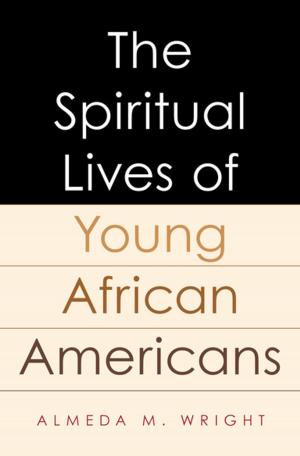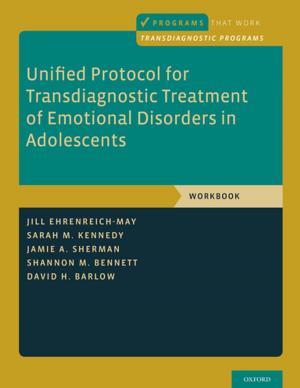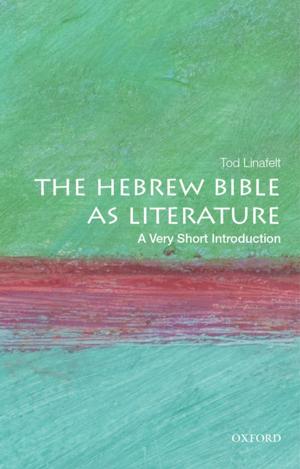Papist Patriots
The Making of an American Catholic Identity
Nonfiction, Religion & Spirituality, Christianity, Denominations, Catholic, Catholicism| Author: | Maura Jane Farrelly | ISBN: | 9780199912148 |
| Publisher: | Oxford University Press | Publication: | January 2, 2012 |
| Imprint: | Oxford University Press | Language: | English |
| Author: | Maura Jane Farrelly |
| ISBN: | 9780199912148 |
| Publisher: | Oxford University Press |
| Publication: | January 2, 2012 |
| Imprint: | Oxford University Press |
| Language: | English |
"The persons in America who were the most opposed to Great Britain had also, in general, distinguished themselves by being particularly hostile to Catholics." So wrote the minister, teacher, and sometime-historian Jonathan Boucher from his home in Surrey, England, in 1797. He blamed "old prejudices against papists" for the Revolution's popularity - especially in Maryland, where most of the non-Canadian Catholics in British North America lived. Many historians since Boucher have noted the role that anti-Catholicism played in stirring up animosity against the king and Parliament. Yet, in spite of the rhetoric, Maryland's Catholics supported the independence movement more enthusiastically than their Protestant neighbors. Not only did Maryland's Catholics embrace the idea of independence, they also embraced the individualistic, rights-oriented ideology that defined the Revolution, even though theirs was a communally oriented denomination that stressed the importance of hierarchy, order, and obligation. Catholic leaders in Europe made it clear that the war was a "sedition" worthy of damnation, even as they acknowledged that England had been no friend to the Catholic Church. So why, then, did "papists" become "patriots?" Maura Jane Farrelly finds that the answer has a long history, one that begins in England in the early seventeenth century and gains momentum during the nine decades preceding the American Revolution, when Maryland's Catholics lost a religious toleration that had been uniquely theirs in the English-speaking world and were forced to maintain their faith in an environment that was legally hostile and clerically poor. This experience made Maryland's Catholics the colonists who were most prepared in 1776 to accept the cultural, ideological, and psychological implications of a break from England.
"The persons in America who were the most opposed to Great Britain had also, in general, distinguished themselves by being particularly hostile to Catholics." So wrote the minister, teacher, and sometime-historian Jonathan Boucher from his home in Surrey, England, in 1797. He blamed "old prejudices against papists" for the Revolution's popularity - especially in Maryland, where most of the non-Canadian Catholics in British North America lived. Many historians since Boucher have noted the role that anti-Catholicism played in stirring up animosity against the king and Parliament. Yet, in spite of the rhetoric, Maryland's Catholics supported the independence movement more enthusiastically than their Protestant neighbors. Not only did Maryland's Catholics embrace the idea of independence, they also embraced the individualistic, rights-oriented ideology that defined the Revolution, even though theirs was a communally oriented denomination that stressed the importance of hierarchy, order, and obligation. Catholic leaders in Europe made it clear that the war was a "sedition" worthy of damnation, even as they acknowledged that England had been no friend to the Catholic Church. So why, then, did "papists" become "patriots?" Maura Jane Farrelly finds that the answer has a long history, one that begins in England in the early seventeenth century and gains momentum during the nine decades preceding the American Revolution, when Maryland's Catholics lost a religious toleration that had been uniquely theirs in the English-speaking world and were forced to maintain their faith in an environment that was legally hostile and clerically poor. This experience made Maryland's Catholics the colonists who were most prepared in 1776 to accept the cultural, ideological, and psychological implications of a break from England.
